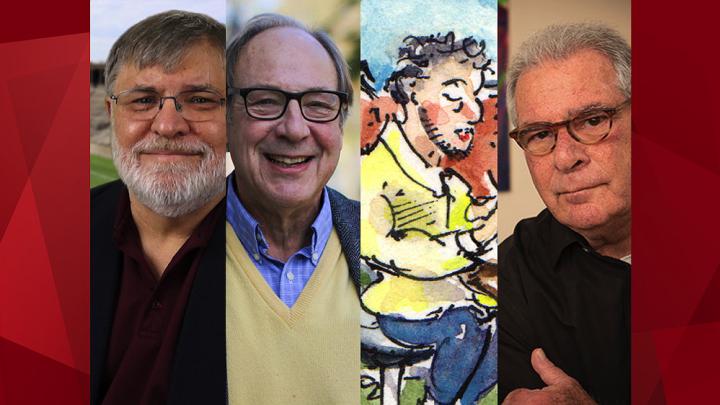Somewhat belatedly in this unusual academic year, we honor four outstanding contributors to Harvard Magazine for their work on readers’ behalf during 2020, and confer a $1,000 honorarium on each.
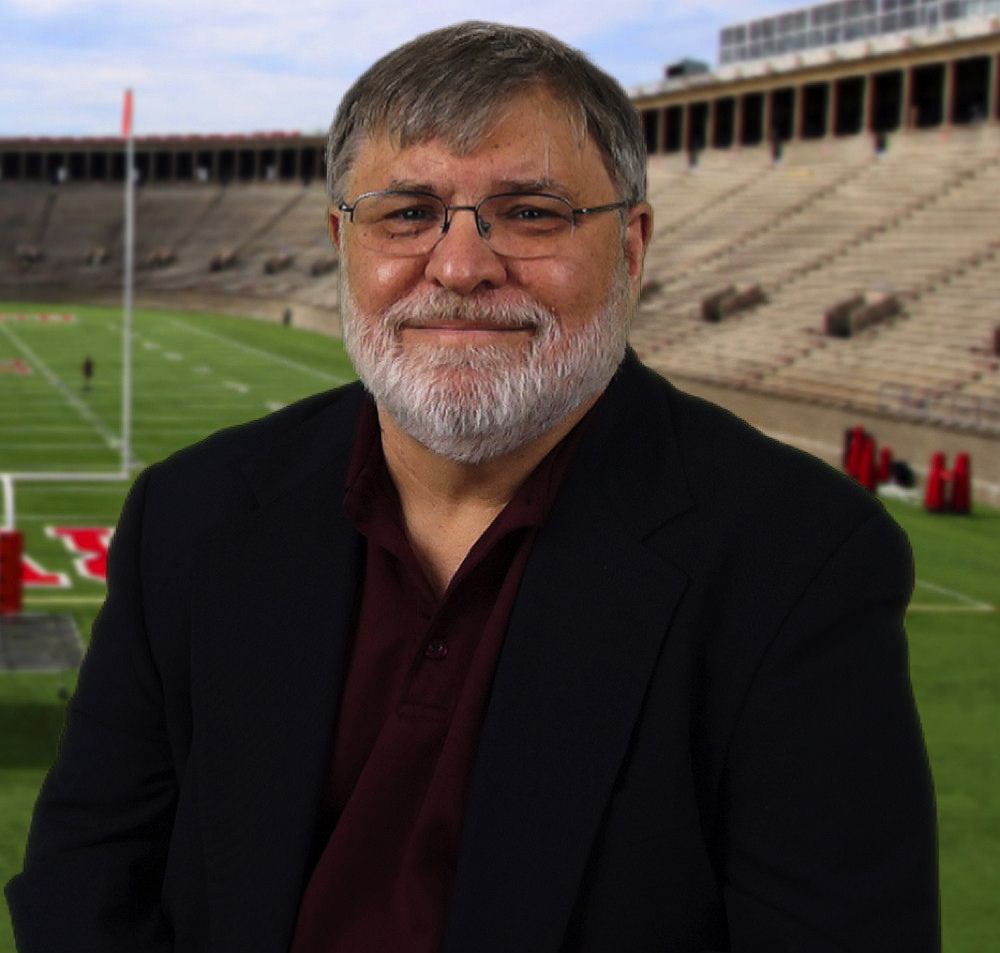
Dick Friedman
Photograph courtesy of Dick Friedman
Our awards for distinguished writing happily recognize two people with deep Harvard ties. The McCord Writing Prize (honoring David T.W. McCord ’21, A.M. ’22, L.H.D. ’56, and his enduring prose and verse, composed for these pages and the Harvard College Fund) justly goes to Dick Friedman ’73, for his historically rich, wonderfully written, and passionate coverage of Crimson football—culminating, this year, in a full season of coverage during a season in which no games were played. Digging deep into the archives—many of them vivid in his own sports-infested brain—and, where possible, circling back to players of yore who shared their memories of on-field heroics, Friedman produced a weekly dispatch on “Great Performances,” concluding with a retelling of Andrew Fischer’s demolition of Yale (264 yards of total offense) in the 2014 edition of The Game (where you can also find links to the earlier installments). Friedman consistently turns in what is probably the cleanest copy any contributor to the magazine has ever managed; even the sports-illiterate members of the editorial staff love his stuff.
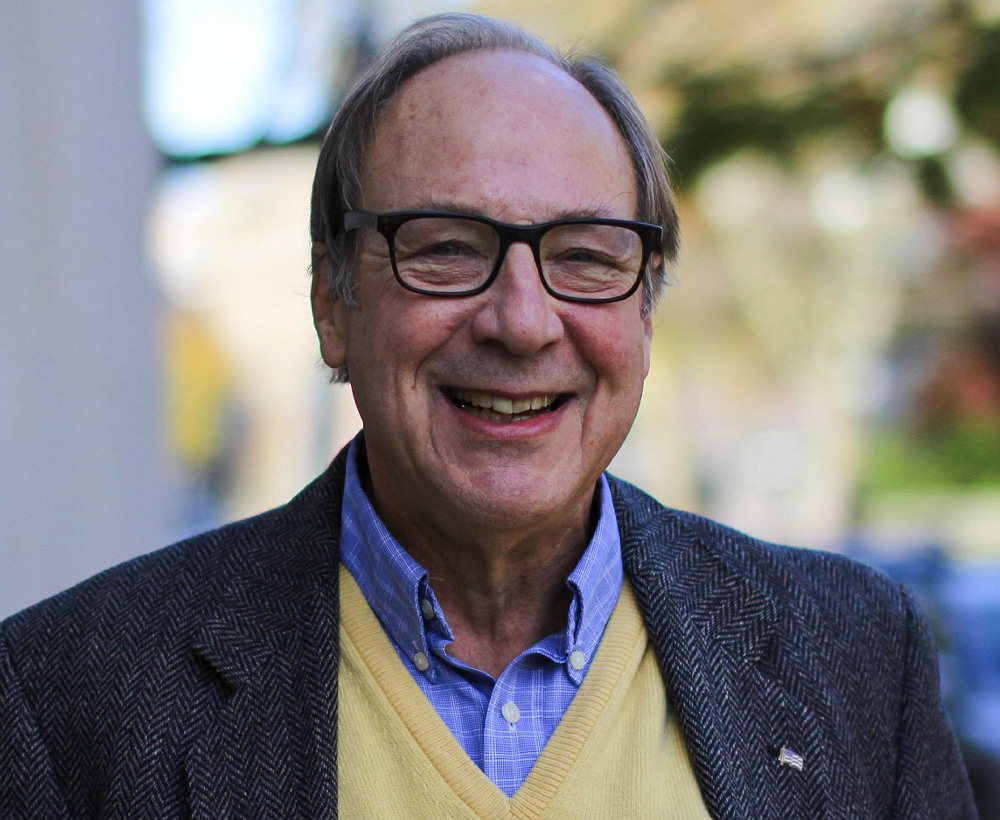
Harry R. Lewis
Photograph by Kathy Pham
Harry R. Lewis ’68, Ph.D. ’74, now Gordon McKay research professor of computer science, approached us with the idea of telling the origin story of computer science at Harvard. The result, “A Science Is Born,” tells a broader tale, as well: how curiosity-driven research works in a liberal-arts university, even in a field that is, seemingly, devoted to applied work. Lewis’s engaging narrative fully merits recognition with the Smith-Weld Prize (in memory of A. Calvert Smith ’14, former secretary to the governing boards and executive assistant to President James Bryant Conant, and of Philip S. Weld ’36, a former president of the magazine), which highlights thought-provoking articles about Harvard. This is Lewis’s second such prize; we also conferred it on him for his 2012 feature on reinventing his pedagogy, “Reinventing the Classroom”—and a good case could have been made for awarding the new feature the McCord Writing Prize as well. Either way, it gives special pleasure to honor Lewis as he has transitioned to research-professor status, following a career during which he also served as dean of Harvard College and interim dean of the School of Engineering and Applied Sciences, whose new facility in Allston—now opening—he championed.
Staff members are not eligible for consideration for these prizes. Were they, we might well have recognized our Ledecky Undergraduate Fellows Julie Chung ’20 and Drew Pendergrass ’20, for their Undergraduate columns and their dispatches on student life in the wake of the swift transition away from campus and to remote learning in mid March. We also acknowledge the outstanding contributions by student freelancers who wrote about the disrupted semester: our summer Steiner Fellow, Matteo Wong ’22, and student freelancers Eve Driver ’20, Caroline Engelmayer ’20, Lauren Fadiman ’20, Lauren Spohn ’20, and Jeremy Tsai ’20.
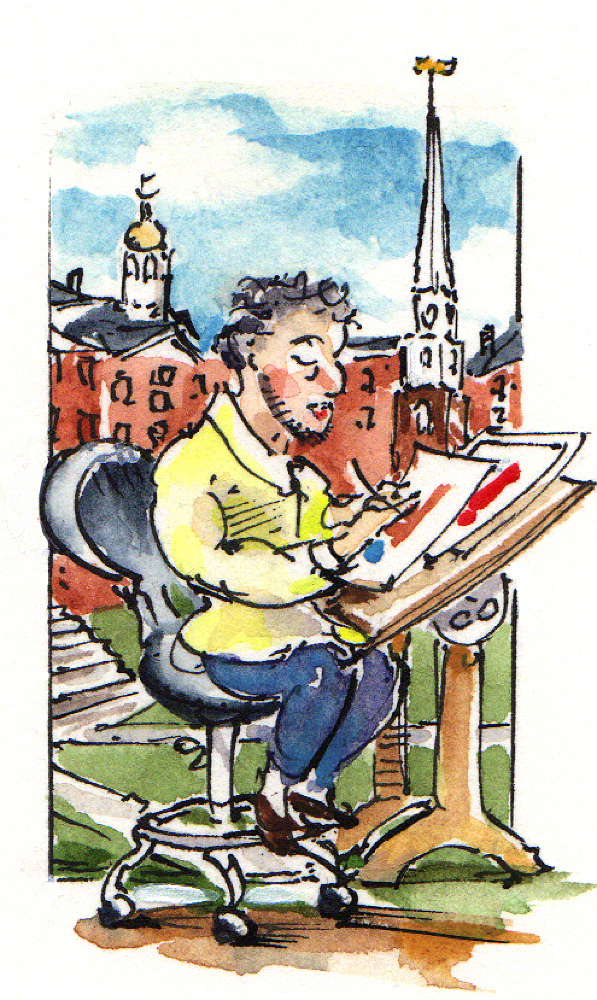
Mark Steele
Self portrait by Mark Steele
Illustrator Mark Steele, a second-time honorand, did a superb job rendering the ideas explored in Lewis’s computer-science feature (see link above), again drawing on his strength as a researcher, his affinity for Harvard history, and his appealing sense of humor to convey the scope of the discoveries being made, and the human context in which they could be made. Throughout the year, he deployed the same skills in bringing the contents of each issue’s Yesterday’s News winningly to life—as he has for decades. For all the pleasure readers have derived from Steele’s work, the editors have enjoyed it even more: typically, he mocks up a half-dozen concepts for each installment of Yesterday’s News, and we enjoy laughing about his proposals, imagining how he will render the final illustration, and marveling at the finished art when he delivers it, meticulously protected by sheets of cardboard.
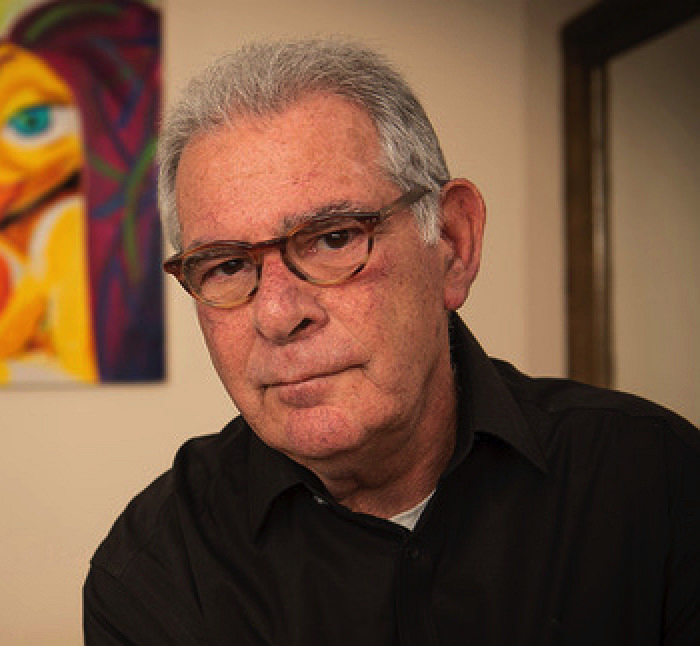
Stu Rosner
Photograph courtesy of Stu Rosner
Photographer Stu Rosner, a stalwart contributor, worked under the extraordinary constraints of social distancing this year to portray Ross Douthat in the woods near his home in Connecticut, and the faculty members working on climate change—also safely out of doors—in the cover story for the same November-December issue. Earlier in the year, he photographed Pippa Norris, a scholar of democracy and authoritarianism, and Vincent Brown, an historian of slavery—both of whose research bears on issues of particular salience during the year. We have recognized Rosner previously (in 2010), and are delighted to honor him again, reflecting both these assignments and his distinguished work for the magazine over the long term.
In each case, we were privileged to publish superb work created under extraordinarily demanding conditions. We are delighted to work with, and to thank, these consummate professionals.
~The Editors
